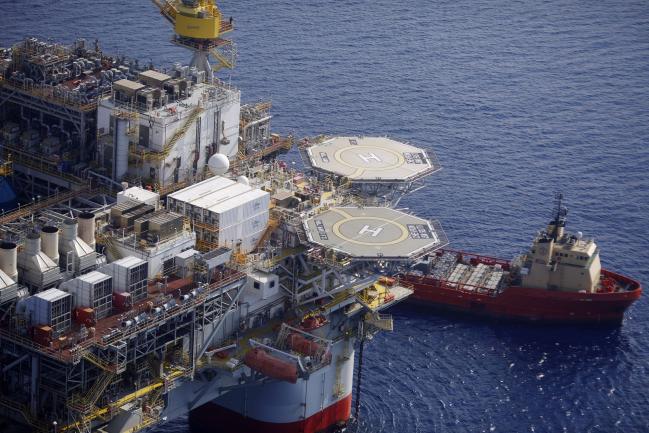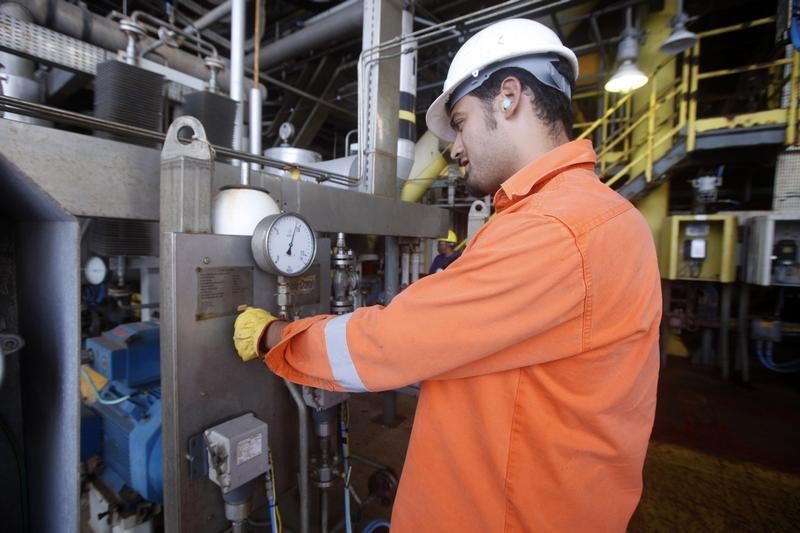(Bloomberg) -- Oil flipped from a loss to a gain with investors shifting their focus from a potential second wave of Covid-19 outbreaks to signs of improving demand and declining production.
Futures in New York rose 2.4% on Monday. Iraq cut term oil sales to multiple Asian and European refiners, signaling that the nation is making good on its OPEC+ pledge to trim a global supply glut. United Arab Emirates Energy Minister Suhail Al Mazrouei said demand is growing in China, India and Europe. The market was also lifted by a rebound in stocks.
“China’s economy is recovering and OPEC producers are cutting the supply of their July barrels,” said Harry Tchilinguirian, head of commodity markets strategy at BNP Paribas (OTC:BNPQY). “These trends are positive for oil.”
West Texas Intermediate crude for July delivery advanced 86 cents to $37.12 a barrel on the New York Mercantile Exchange, after earlier falling as much as 5.2%. Brent for August delivery gained 99 cents to $39.72 on the ICE (NYSE:ICE) Futures Europe exchange.
Crude’s six-week rally had fizzled out on Friday amid concerns the worst of the virus isn’t yet over and as the U.S. Federal Reserve warned the pandemic could inflict lasting damage on the economy. More than 20 U.S. states are seeing a pick-up in virus cases, and spreading cases in Beijing have also raised concern of a resurgence. BP (NYSE:BP) Plc’s announcement on Monday that it will write down the value of the business by the most in a decade reinforced the picture of an industry in turmoil.
Tentative signs that motorists are returning from coronavirus-induced lockdowns as shelter-in-place orders are lifted also boosted the market. The gasoline crack spread, the difference between the spot prices of gasoline and crude oil, touched the highest since May.
Read More: Oil Demand Is a Long Way From Recovery: Julian Lee
Meanwhile, OPEC and its allies have agreed to maintain production cutbacks amounting to about 10% of global supply into next month, and will hold committee meetings on Wednesday and Thursday to assess their impact.
©2020 Bloomberg L.P.

